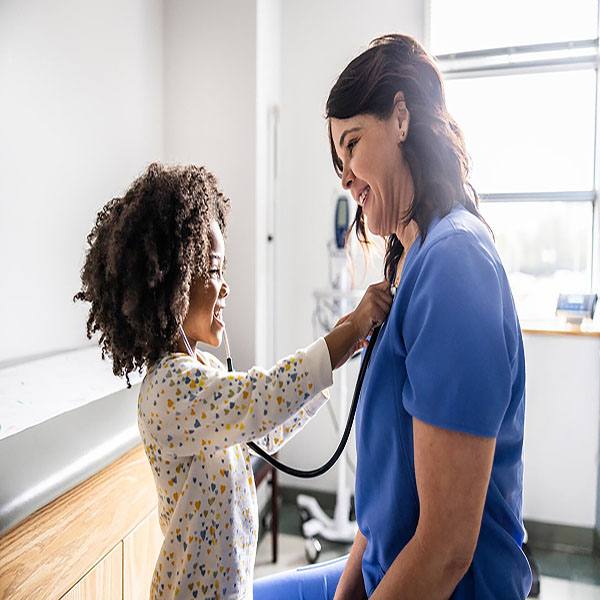-
Healthcare Delivery
Meet 3 new innovators in healthcare delivery
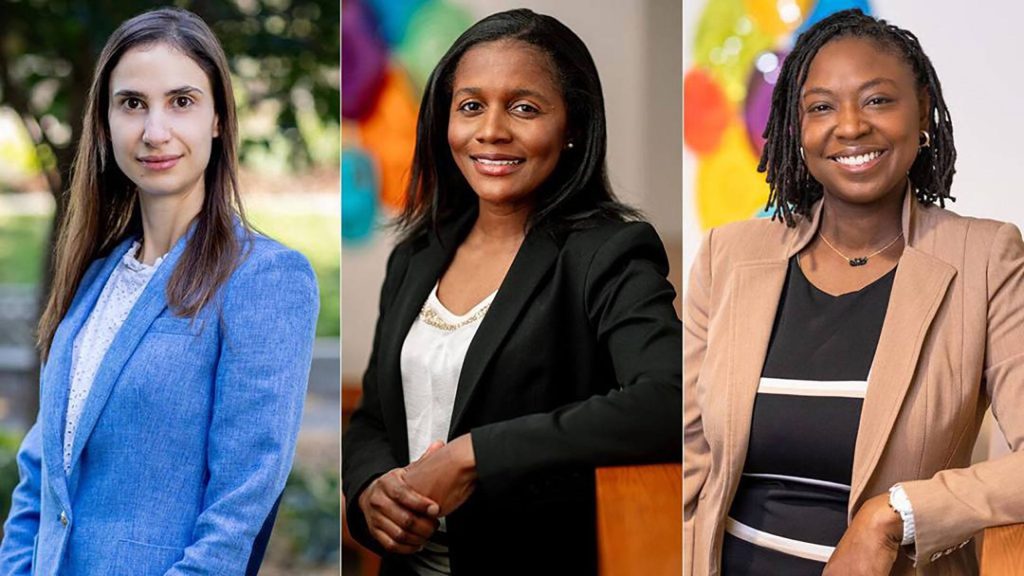
Healthcare is evolving rapidly, demanding solutions to complex challenges. The Mayo Clinic Robert D. and Patricia E. Kern Center for the Science of Health Care Delivery is at the forefront of guiding a new generation of clinician-scientists to address these needs and improve patient care.
Meet Nadine Abdallah, M.D., Eleshia Morrison, Ph.D., and Yewande Odeyemi, M.B.B.S., who are completing the Kern Health Care Delivery Scholars Program. They join a growing group of clinician-scientists at Mayo who are conducting high-quality, practice-based health services research to enhance healthcare delivery. They are three of the four scholars that finished their program in 2024.
The Kern Health Care Delivery Scholars Program represents Mayo Clinic's commitment to innovation and excellence in healthcare. The program includes scholars from all Mayo Clinic campuses, fostering collaboration and a diverse perspective on healthcare delivery.
As Kern Scholars, Drs. Abdallah, Morrison and Odeyemi expanded their knowledge and capabilities while pursuing solutions to challenges within their own clinical practice. As alumni, they will continue their investigations while advocating for continuous improvement and transformational innovation.
"The goal of the Kern Health Care Delivery Scholars Program is to develop future leaders to advance practice innovation at Mayo Clinic," says Timothy Lyon, M.D., clinical director of the program.
The program provides protected time, mentored career development and specialized training in healthcare delivery research methodology to accelerate their careers and prepare them to tackle the clinical practice problems of tomorrow.
"In alignment with Mayo's Practice Priorities, we seek candidates with innovative ideas to improve clinical practice," Dr. Lyon says.
Learn more about how the three researchers are shaping the future of healthcare and how their experiences as Kern Scholars have prepared them for what is next in healthcare delivery.
Leveraging expertise from diverse fields
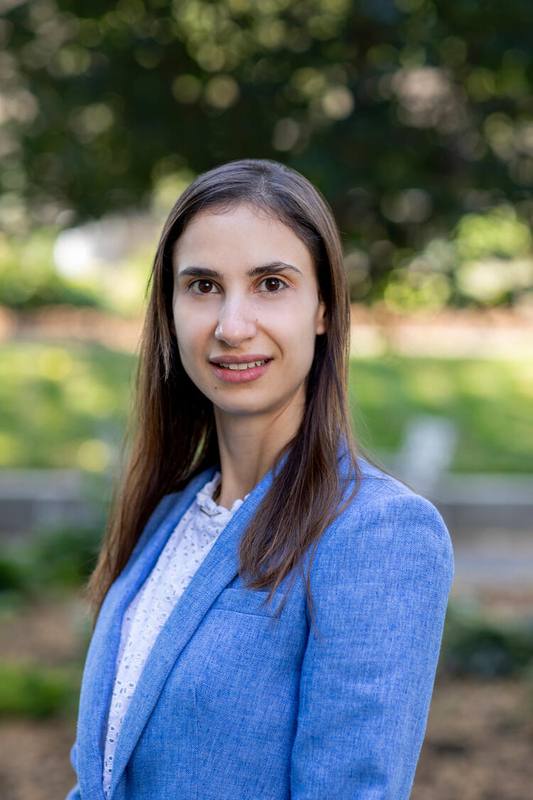
Dr. Abdallah, a senior associate consultant in the Division of Hematology and the Department of Internal Medicine focuses her research on tailoring treatment for multiple myeloma, a blood cancer that disproportionately affects older adults.
She explores how a patient's biology can influence treatment outcomes paving the way for more effective therapies for aging populations.
With the program's focus on equipping scholars with tools to translate research into real-world improvements, she was able to use large datasets and electronic health records to enhance her research.
She says the program created a collaborative environment for her to thrive and dive deeper into her research.
"The importance of interdisciplinary research was a key takeaway," says Dr. Abdallah. "Leveraging expertise from diverse fields is crucial for effective healthcare delivery research."
Championing healthcare equity
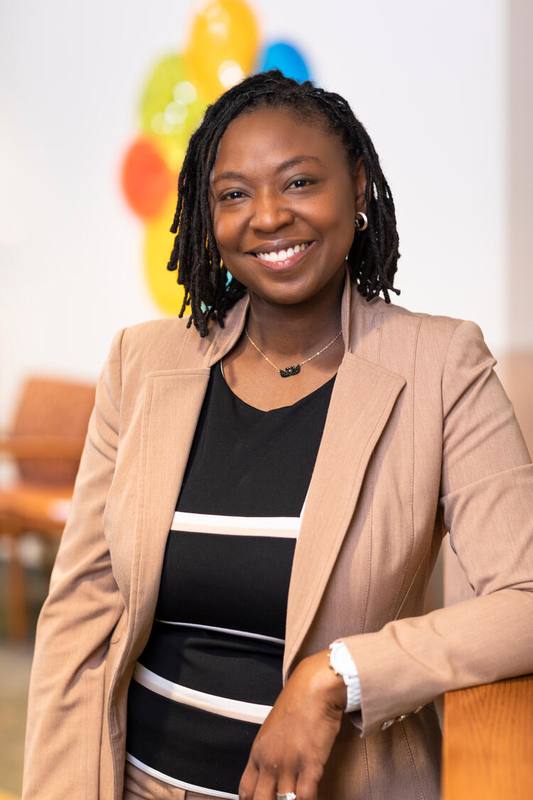
Dr. Morrison, a consultant in the Department of Psychiatry and Psychology, is a licensed psychologist whose research focuses on healthcare equity. She delves into the social determinants of health, medical morbidity and functional ability — factors that significantly affect a patient's health outcomes.
She says the program has provided a bridge to connect her past experiences with new approaches to healthcare delivery science, and that its equity commitment extends beyond fostering research interests.
"I have been fortunate to be able to access excellent mentorship, research collaborators and networking opportunities, and have a better understanding of the landscape of research resources available," says Dr. Morrison. "It's clear that these resources are in place to promote researchers' success."
Individualizing care with a data-driven approach
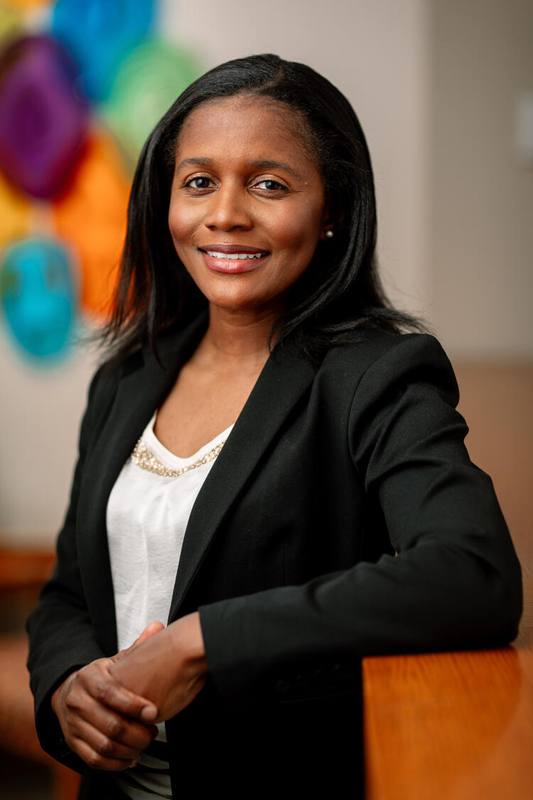
Dr. Odeyemi, a consultant in the Division of Pulmonary and Critical Care Medicine, is part of a multidisciplinary team that cares for critically ill patients in the intensive care unit (ICU).
Her research focuses on improving outcomes for patients admitted to the ICU, especially those with lung infections. She uses data analytics to individualize treatment for patients hospitalized with community-acquired pneumonia.
Through the program, Dr. Odeyemi says she has honed her ability to connect with researchers from diverse disciplines, fostering a collaborative approach central to her research.
"The program provides the unique opportunity to transform my daily clinical practice through high-quality research focused on improving patient-centered outcomes," says Dr. Odeyemi. "I have built on my research skills through expert mentoring and career development activities."
She emphasizes the program's holistic approach, which encourages scholars to develop scientifically sound skills and assess key outcomes in healthcare delivery research.
The three researchers endorse the Kern Scholars program, emphasizing its value to their practice-transforming research and careers. Collectively, they highlight the program's role in fostering collaboration, providing resources and cultivating a supportive environment. Their experiences underscore the program's success in training the next generation of healthcare innovators.
About Mayo Clinic Robert D. and Patricia E. Kern Center for the Science of Health Care Delivery
The Mayo Clinic Robert D. and Patricia E. Kern Center for the Science of Health Care Delivery collaborates with clinical areas across Mayo to create and evaluate data-driven solutions to transform the experience of health and healthcare for patients, staff, and communities. It drives continuous improvement of Mayo Clinic as a learning health system, enabling always safe, evidence-based, high-quality care.
Related Articles


